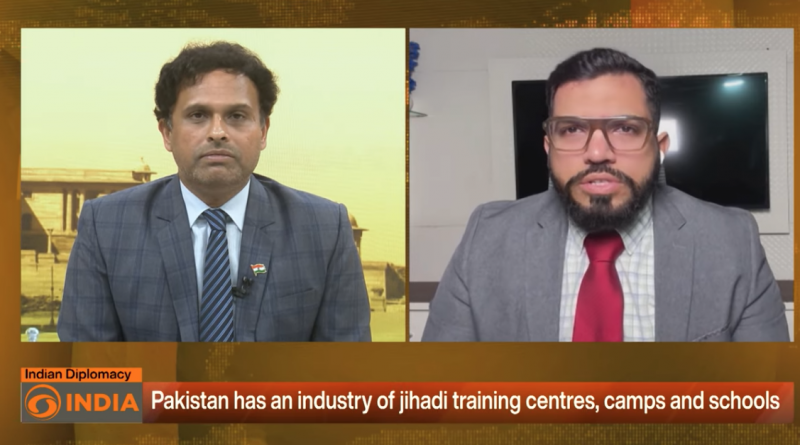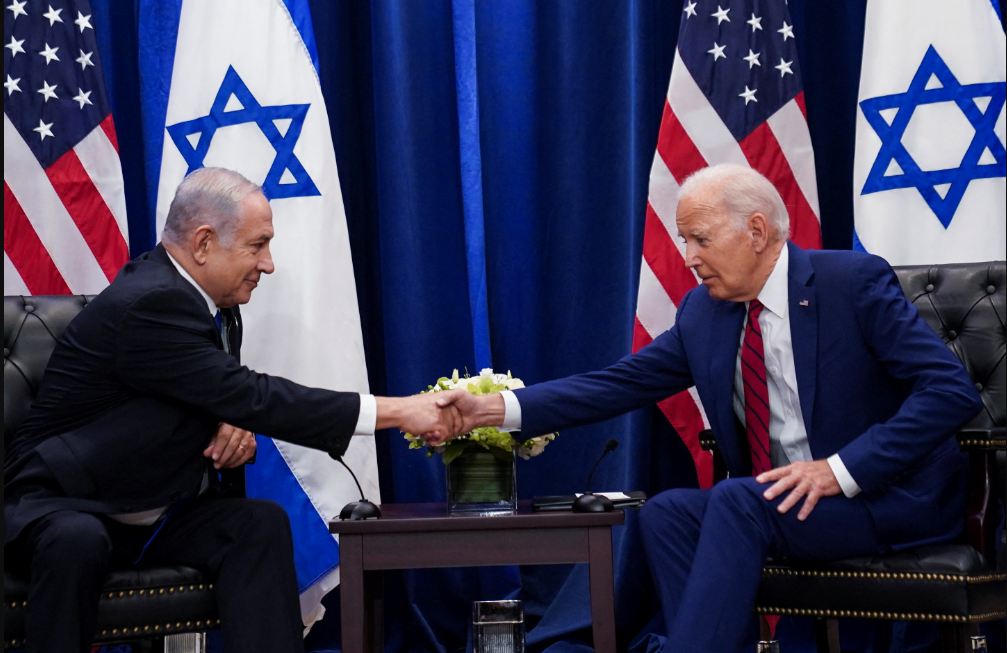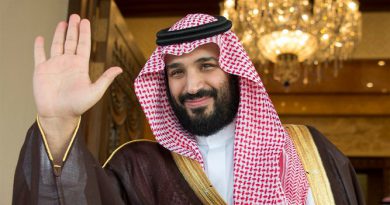Indian Diplomacy Show on Doordarshan Decodes Pakistan’s Terroristan
New Delhi — In a compelling episode of the Indian Diplomacy Show aired on India’s veteran national television channel, Doordarshan India on Saturday, Zahack Tanvir, founder of Milli Chronicle UK, joined host Dr. Sreeram Sundar Chaulia, Professor and Dean at Jindal School of International Affairs (JSIA) and Director General of Jindal India Institute (JII), to unpack the persistent issue of Pakistan’s sponsorship of terrorism.
The discussion, which focused on Pakistan’s role as a global hub for jihadist activities, shed light on the historical, geopolitical, and ideological factors enabling this menace and explored strategies to counter its spread.
Pakistan: The Epicenter of Global Terror
Dr. Chaulia opened the episode by framing Pakistan as “Terroristan,” a nation that has become a global menace due to its long-standing habit of nurturing terrorism. Highlighting India’s recent military operation, Operation Sindoor, which destroyed nine terrorist training camps in Pakistan using precision-guided munitions, he emphasized the operation’s dual role as a military strike and a global exposé of Pakistan’s terrorist infrastructure.
“The scale of destruction and the videos of funerals and smashed buildings showed the extent of the problem festering in that country,” Chaulia noted, setting the stage for a deep dive into why Pakistan has become the epicenter of global terror.
Zahack Tanvir, introduced as a peace activist and director of Milli Chronicle, a platform dedicated to monitoring jihadist propaganda, provided a comprehensive historical perspective. He traced Pakistan’s trajectory back to its founding in 1946 by Muhammad Ali Jinnah, noting that the country was established on religious bigotry rather than ethnicity or language.
“Pakistan was called the Islamic Republic of Pakistan, purely based on religious identity,” Tanvir explained. He pointed to key historical moments, including the 1979 Iranian Revolution, which emboldened Islamists globally, and the 1980s Afghan jihad against the Soviets, during which Pakistan became a hub for global mujahideen, supported by the United States and Gulf countries.
Tanvir highlighted how Pakistan redirected these militias toward Kashmir after the Soviet conflict, with groups like Jaish-e-Mohammed and Lashkar-e-Taiba wreaking havoc. “Pakistan has a history of nurturing militancy,” he asserted, citing its footprints in major terrorist attacks, including 9/11, the 2008 Mumbai attacks, and the recent Pulwama and Pahalgam attacks.
He also referenced the discovery of Osama bin Laden in Pakistan and admissions by Pakistan’s defense minister about funding terrorists on behalf of Western powers.
The Role of ISI and Radical Madrassas
Tanvir identified four key factors sustaining Pakistan’s terrorist ecosystem. First, the Inter-Services Intelligence (ISI) has extensive experience training not only Kashmiri insurgents but also Chechen, Bosnian, and Taliban fighters, including the Haqqani network. “ISI sustains this whole ecosystem,” he said, noting Pakistan’s policy of “bleeding India with a thousand cuts” as revenge for the 1971 Bangladesh liberation war.
Second, he pointed to the role of radical madrassas in Pakistan, where impoverished and illiterate youth are recruited and given military training, unlike madrassas in India, which do not engage in such activities.
Tanvir shared an anecdote from his interactions with Pakistanis from Peshawar and Waziristan, describing their extreme illiteracy and vulnerability to exploitation by groups like Jaish-e-Mohammed, backed by the state and ISI.
Third, Pakistan’s strategic location, sharing borders with Afghanistan and the Line of Control, facilitates the smuggling of drugs and weapons into India. Tanvir recounted his 2023 visit to the Suchetgarh border, where India uncovered and sealed tunnels used by Pakistan for smuggling.
Finally, he addressed the role of foreign powers, particularly the United States, which historically financed and armed jihadist groups via Pakistan, and China, which has turned a blind eye to Pakistan’s jihadist activities to counter India.
“China vetoed UN sanctions against Jaish-e-Mohammed’s Masood Azhar until 2019,” Tanvir noted, highlighting China’s strategic support for Pakistan’s military capabilities, including supplying drones and bombs.
Complicity of Regional Powers
The discussion also explored the role of regional powers like Turkey, Azerbaijan, and Malaysia in enabling Pakistan’s jihadist agenda. Tanvir explained that Turkey’s support is driven by its ambition to revive an Ottoman-style caliphate, with initiatives like training Pakistan’s Dolphin police unit and promoting propaganda through dramas like Ertugrul, which was broadcast on Pakistan’s national television in 2020.
Azerbaijan’s support, though less pronounced, stems from Pakistan’s backing during the Nagorno-Karabakh conflict against Armenia, influenced by Turkey and Israel.
Dr. Chaulia emphasized the need to “name and shame” these countries for indirectly sponsoring terrorism by supporting Pakistan. He noted that 81% of Pakistan’s military imports over the past five years have come from China, with Turkey supplying offensive weapons, including drones used against India post-Operation Sindoor.
Countering the Jihadist Narrative
A significant portion of the discussion focused on countering the jihadist ideology propagated by Pakistan, which thrives on a victimhood narrative claiming that Muslims are persecuted and must fight to defend Islam.
Tanvir debunked this narrative, contrasting the treatment of minorities in Pakistan and India. “In 1946, Hindus made up 30% of Pakistan’s population; now they have vanished,” he said, noting the dwindling Christian minority as well. In contrast, India’s Muslim population has grown from 9% to 15-18%, with diverse Muslim sects enjoying freedom to practice their faith.
Tanvir, a proud Muslim, emphasized that Indian Muslims are safe and thriving, with the ability to travel freely from Kashmir to Kanyakumari. He contrasted this with Pakistan, where ethnic groups like Pashtuns and Punjabis face restrictions, and celebratory gunfire with AK-47s during events like Eid or cricket matches often leads to civilian casualties.
“Indian Muslims are educated and respected globally as engineers, doctors, and AI experts,” he said, lamenting the lack of such recognition for Pakistani Muslims.
To counter Pakistan’s propaganda, Tanvir advocated amplifying the voices of Indian Muslims who refute claims of persecution. He cited instances where Indian Muslims, including himself, used social media to challenge false narratives propagated by figures like UK-based Islamist Mohammed Hijab, who urged Indian Muslims to support Pakistan.
“Indian Muslims came forward and said, ‘We are safe, and your narrative is not true,’” Tanvir recounted.
A Call for Global Action
Dr. Chaulia concluded the episode by underscoring that Pakistan’s use of religion for geopolitical gain, driven by its military and clerical establishment, is the root of its “Terroristan” status. He praised India’s military response but stressed the need for a broader ideological struggle to win the hearts and minds of young people, particularly moderate Muslims.
“The voices of moderate Muslims from India must show that faith and nationalism can coexist,” he said, rejecting Pakistan’s “fake nationalism” based on hatred and violence.
Tanvir’s appearance on Doordarshan was hailed as a significant moment for raising global awareness about Pakistan’s role in terrorism. “His courageous work with Milli Chronicle, often at personal risk”, was lauded by Dr. Chaulia, who thanked him for his insights and activism.
As the episode wrapped up, Chaulia called for concerted action by like-minded countries and social movements to wage a “long counter-jihad” in the ideological sphere.
“This is not a clash of civilizations but a challenge to show that Muslims and non-Muslims can coexist,” he said, urging a generational transformation to dismantle Pakistan’s jihadist mentality.
The discussion, broadcast on India’s national television, underscored the urgency of addressing Pakistan’s role as a global terror hub and highlighted the pivotal role of informed voices like Zahack Tanvir in shaping a counternarrative to foster peace and coexistence.



